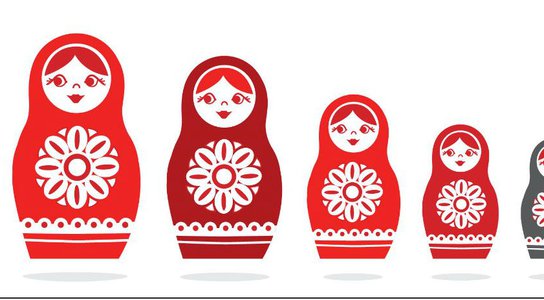Today, Transparency International (TI) has released a detailed and powerful report looking at how well the G20 countries are living up to the promises they made a year ago to tackle corporate ownership secrecy.
As the leaders of the world’s biggest economies noted at the November 2014 Brisbane summit:
Improving the transparency of legal persons and arrangements is important to protect the integrity and transparency of the global financial system. Preventing the misuse of these entities for illicit purposes such as corruption, tax evasion and money laundering supports the G20 objectives of increasing growth through private sector investment.
G20 countries signed up to 10 principles that ranged from carrying out an assessment of the money laundering risk posed by different types of companies to measures designed to ensure that company ownership information is collected in the first place.
So one year on, how are G20 countries doing? The answer according to TI is not great (although notable exceptions include the UK, France, Italy and Argentina):
G20 governments including the U.S. and China have failed to deliver on their promise to fight corruption by adopting laws to end the secrecy that makes it easy for the corrupt to hide their identity and shift money across international borders.
As TI’s managing director Cobus de Swardt points out:
It makes no sense that this gaping loophole for the corrupt remains open. What is stopping G20 countries from actively shutting down this vital avenue to corruption, despite promises to do so?
One finding that particularly sticks out is that the U.S. is one of the worst countries when it comes to implementation, along with countries such as Canada, Brazil and China. In some ways this is surprising. For at least the last decade, the U.S. has been at the forefront of global efforts to tackle money laundering and corruption.
However, the U.S. is seriously lagging behind other countries when it comes to tackling the problem of anonymously owned companies. In June, the IMF stated that the U.S. had made “no real progress” on this issue for nearly a decade. This leaves the U.S. exposed to fraud and criminality.
Earlier this week, charges were brought against three individuals for what law enforcement claim is the biggest hacking case ever uncovered. According to the Department of Justice, the accused used at least 75 shell companies to hide what they were up to.
In another story, the New York Times reported that vulnerable homeowners were being defrauded out of their homes by thieves relying on the secrecy of companies. This shows yet again that ordinary Americans are suffering at the hands of individuals who can hide their identity behind anonymously owned companies.
Last year, Global Witness released The Great Rip Off. It featured 22 cases involving anonymous companies from 27 U.S. states, showing how fraudsters, mobsters, money-launderers, tax-evaders and corrupt politicians are able to use anonymously-owned American companies to cover their tracks and evade the authorities. For example:
- An Ohio school district employee used a web of fake companies to abuse his position and bill for millions of dollars’ worth of services that school kids never received;
- The biggest of Mexico’s drug cartels used an anonymous Oklahoma company in a scheme to launder millions of dollars of drug money into the United States;
- A Pentagon supplier formed two shell companies in Wyoming and pretended they were largely owned by ethnic minorities to win preferential treatment for government contracts so that he could profit from supplying substandard parts to the military putting American troops and citizens at risk.
To fix the problem, Global Witness, along with TI and other partners, are calling for public registries of the people who really own and control companies, so other businesses know who they are dealing with and law enforcement can stop many crimes at the source. And, at the very least, the U.S. and other G20 countries should match the promises that they’ve already made.


